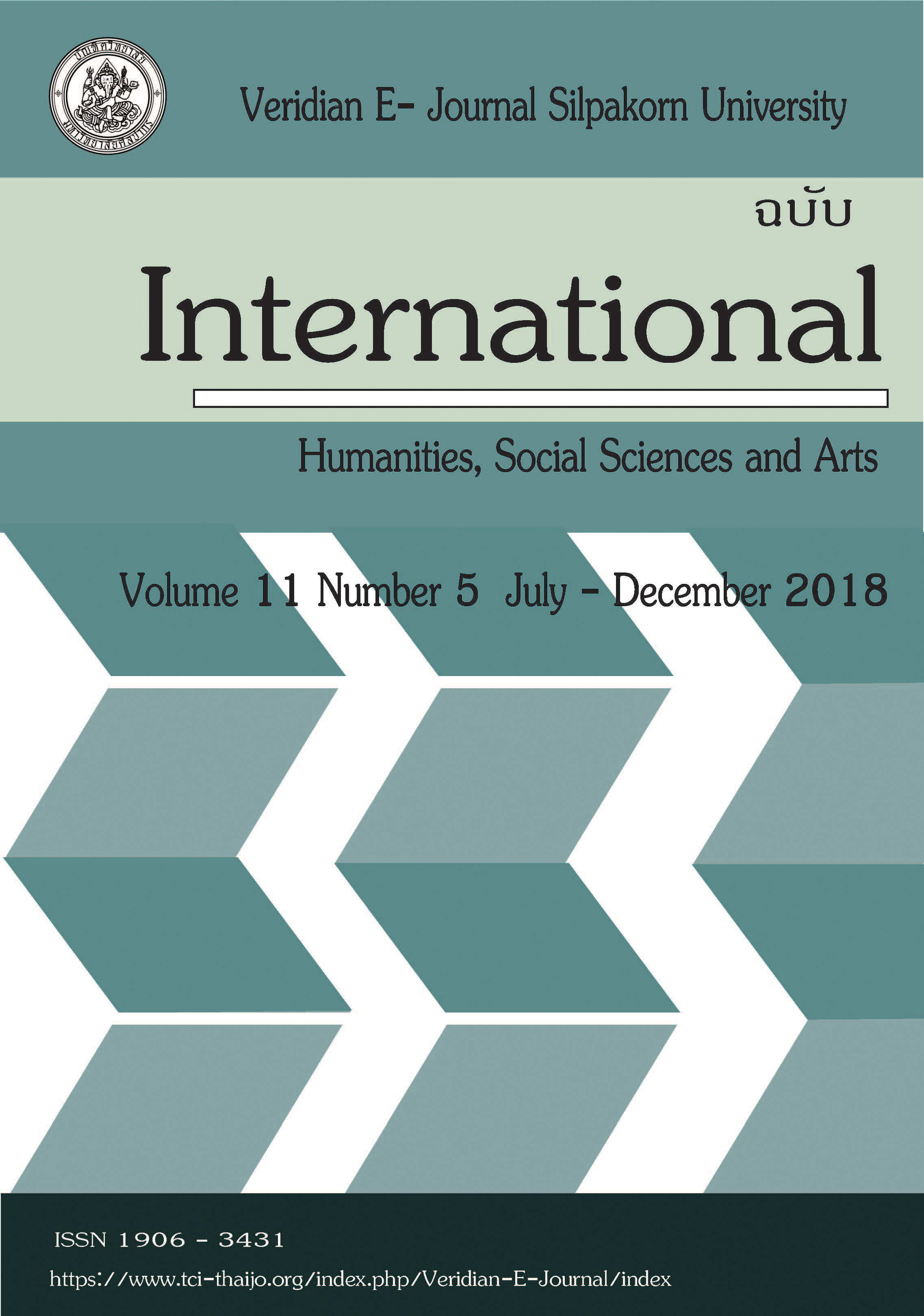The domain driven data mining (D3M) Approach for Performance Evaluation in virtual organizations using ICT Social Network Mining & 360° Assessment
Main Article Content
บทคัดย่อ
The aims of this research are to study and explore Domain Driven Data Mining approach on HRM perspective for assessing employee performance evaluation behaviors from various literature surveys, to understand and clarify the positive and negative impacts of the existing 360º performance assessment method for a virtual organization like e-publishing industry, and the perception towards performance evaluation in the minds of workforce by conducting personal interview with employees in a virtual organization, to observe and examine the mobile, email communications of employees and people opinions in web blogs of a virtual organization and to combine the performance evaluation Key Performance Indicators (KPIs) using mobile social network mining, e-mail social network mining and opinion mining methods, to design and develop an automated, ICT based Domain Driven data Mining system with a conventional 360 degree performance assessment method implementation for assessing employee performance evaluation using 360 degree records, mobile CDR (Call Data Record) files, e-mail log files, and opinion blog files kept in a company server, and to test the validity of the proposed D3M approach by developing a prototype to demonstrate the primary features, to investigate the results, and to derive findings by observing the results. The researcher has focused three virtual organizations of Newgen Imaging Systems Pvt. Ltd. as the preferred location for undergoing the pilot study for the research, and used the Empirical methodology for the study. The researcher found that the social network perspective has traditionally avoided a focus on specific individuals, preferring to examine systematic patterns of interaction. Bringing performance research into the picture requires a new integration of network theory and methods to account for not just structural patterns, but also the focused activities of powerful individuals. This research on designing a tool for identifying human relationship and performance behavior using social network analysis presents a first step towards addressing this problem. What it provides is a look at how one could design a tool to support email and mobile, that social information brings salient employee relationships. Team members’ relations are important to the Employee’s performance. Stronger relational links are associated with higher task performance and the effectiveness of information exchange. So this research has aimed at fulfilling such objectives as developing an online social network analysis and discovering interaction patterns of teams for employee performance in concerns. It implies that the system conforms to the cognition of employees and assistants, since employees and assistants interact frequently with team members in leading the team.

